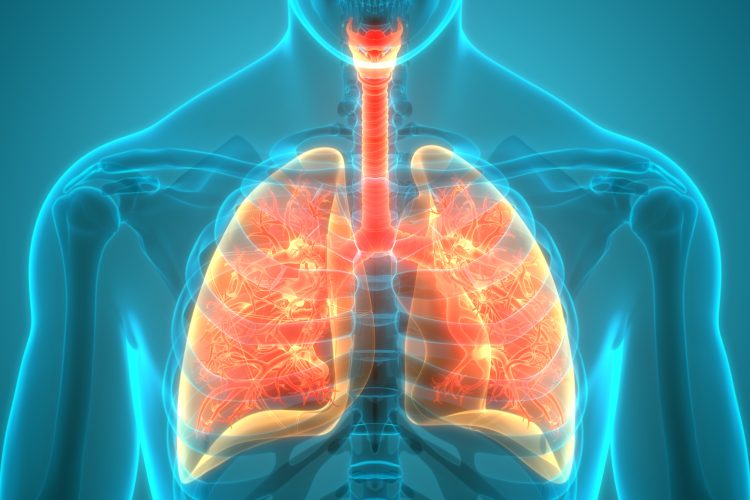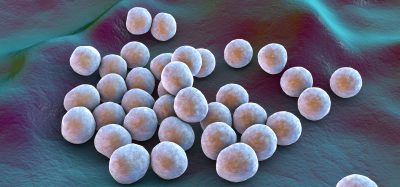New findings could influence asthma drug development
Posted: 2 May 2024 | Drug Target Review | No comments yet
Researchers have revealed that genetically enhanced expression of GSDMB causes a disturbed interferon-response.


Researchers at Helmholtz Munich have discovered why the genetic defect that causes an increased expression of the protein GSDMB makes children more susceptible to viral infections, which is a strong risk of progression into asthma.
One in three children develop an early form of asthma in the first years of their life. Among those, 80 percent have a genetic defect on chromosome 17. These children have frequent viral-induced wheeze attacks and progress later to asthma. Past epidemiological studies have indicated that the genetic defect was associated with viral infections. Therefore, the researchers studied the nasal mucosa tissue of 261 children with wheeze using brushes to extract cells from the nasal cavity. This method is relatively non-invasive but enables the assessment of the transcriptome. This made it possible to identify nasotypes in the gene expression that are very different in children with and without the genetic defect.
The researchers revealed that the genetically enhanced expression of GSDMB causes a disturbed interferon-response, observing that nasal cells of children with the genetic defect express more type 2 interferons but fewer type 1 and 3 interferons. Type 3 interferons are important for the viral defence. This is why the genetic defect ultimately makes children more prone to viral infections and consequently increases the risk of asthma.
Leader of the study Dr Carsten Schmidt-Weber stated: “We now know that the genetic defect on chromosome 17 leads to a specific gene expression pattern that we can influence or even correct. We aim to repair the defence defect of the children’s airways. We are working on novel drugs, inhalation sprays, that support the defence against the virus by stimulating the epithelial barrier for a more appropriate response.”
Co-lead author of the study Dr Erika von Mutius explained: “Early viral infections are likely to change the children’s immune system and break the tolerance to normally harmless allergens that in turn will promote asthma development. Thus, if the infections can be controlled more efficiently with novel drugs targeting the genetic defect, we hope that fewer children will develop asthma.”
This study was published in the American Journal of Respiratory and Critical Care Medicine.
Related topics
Drug Development, Genetic Analysis, Therapeutics
Related conditions
Asthma
Related organisations
Helmholtz Munich








